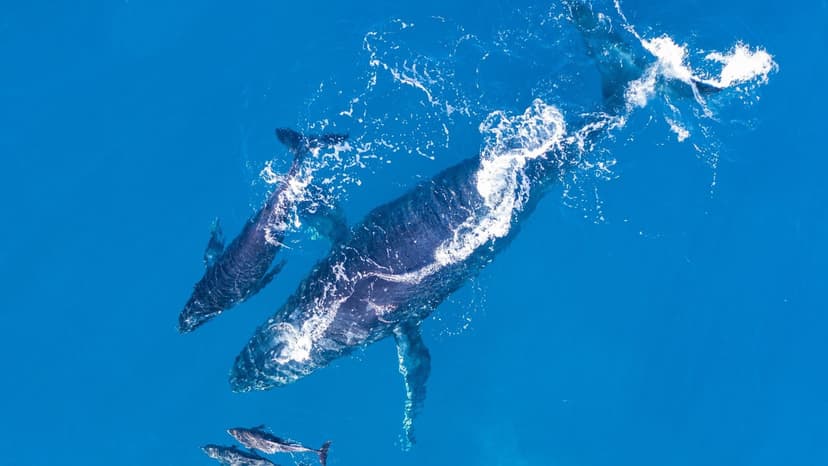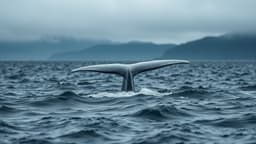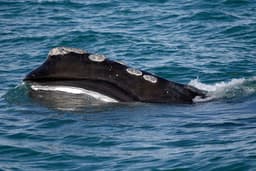Home / Science / Bowhead Whales Defy Aging: Unlock Secrets to 200-Year Lifespans
Bowhead Whales Defy Aging: Unlock Secrets to 200-Year Lifespans
11 Nov, 2025
Summary
- Bowhead whales live over 200 years and rarely develop cancer
- Their DNA repairs itself better than human cells, preventing mutations
- A protein called CIRBP plays a key role in their superior DNA repair

In a groundbreaking study published in Nature in November 2025, researchers have unraveled the secrets behind the extraordinary longevity of the bowhead whale, the longest-living mammal on Earth. These whales can survive for over 200 years, defying the typical lifespan of large animals and rarely developing cancer.
The study, led by an international team of scientists, offers the clearest genetic explanation yet for this remarkable phenomenon. Researchers found that bowhead whale cells are much better at repairing DNA damage than human cells. While large animals should, in theory, be more prone to cancer due to their sheer number of cells, the whales have evolved a superior DNA repair mechanism.
Specifically, the scientists discovered that a protein called CIRBP (cold-inducible RNA-binding protein) plays a key role in the whales' longevity. Humans also have this protein, but the whale version works far more efficiently, allowing their cells to mend DNA breaks more effectively. When the researchers inserted the whale's CIRBP into human cells, the cells became better at repairing DNA, leading to fewer mutations.
This groundbreaking finding could have major implications for human cancer research and our understanding of aging. By studying the genetic secrets of these extraordinary creatures, scientists believe we can unlock new insights into disease resistance and longevity in humans.



